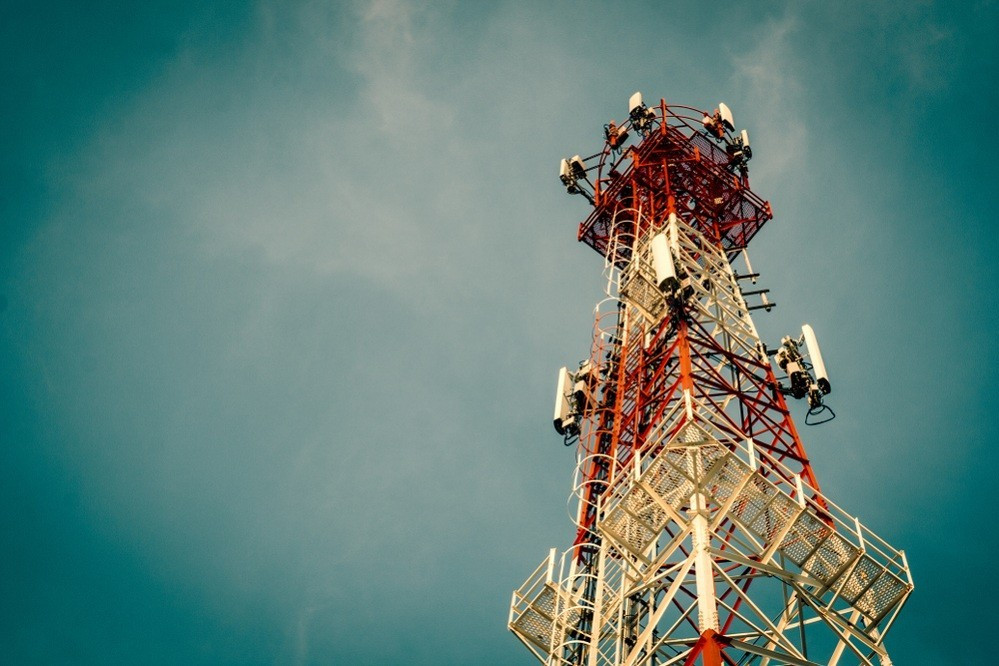News
MOU may lead to mass wiretapping by AGO over population
Tenggara Strategics July 9, 2025 Telkomsel, XL, Indosat and Hutchison 3 Indonesia have reported that several of their BTS sites remain down and that they have sent technical teams to the sites to restore power with portable generators. (Shutterstock/File)
Telkomsel, XL, Indosat and Hutchison 3 Indonesia have reported that several of their BTS sites remain down and that they have sent technical teams to the sites to restore power with portable generators. (Shutterstock/File)
The Attorney General’s Office (AGO) has struck a significant agreement with major cellular service providers in Indonesia, granting it access to users’ private information for law enforcement purposes. While the reasons for the deal look convincing, the development raises serious concerns about potential violations of fundamental citizen rights and may conflict with a Constitutional Court ruling regarding surveillance and wiretapping.
The strategic agreement came on the heels of public scrutiny over the AGO in May, when Indonesian Military (TNI) personnel were deployed to secure prosecutors’ offices nationwide and ensure operational continuity.
On June 25, deputy attorney general for intelligence Reda Mantovani formalized the collaboration by signing a memorandum of understanding with PT Telekomunikasi Indonesia, PT Telekomunikasi Selular (Telkomsel), PT Indosat and PT XL Axiata. Reda explained the cooperation was vital for the intelligence division, supporting law enforcement through investigations, security operations and engagement initiatives. This includes installing and operating surveillance devices and providing telecommunications data records.
The AGO asserts that Article 30B of Law No. 11/2021, which amends Law No. 16/2004 on the prosecutor’s office, provides the legal basis for overseeing multimedia activities. Reda also claimed that this collaboration guaranteed the collected data and information were of indisputable quality and validity, meeting the A1 intelligence classification.
With Telkomsel remaining Indonesia’s largest mobile service provider with 159.9 million subscribers as of September 2024, followed by Indosat Ooredoo Hutchison (100.9 million) and XL Axiata (93.3 million), the memorandum has ignited significant privacy concerns. The AGO’s wiretapping authority lacks independent oversight, increasing the risk of abuse of power, especially since the prosecutorial service operates as an executive branch instrument under the current administration.
The law equips law enforcement agencies, the AGO, the police and the Corruption Eradication Commission (KPK), with surveillance power, but so far only the KPK has remained free of abuse. The eavesdropping authority has proved to help the KPK catch big names who previously enjoyed impunity.
There were also reports of alleged abuse of wiretapping power involving the police, as in the instances of arrest or phone hacking targeting government critics.
House of Representatives Speaker Puan Maharani, from the Indonesian Democratic Party of Struggle (PDI-P), underscored the crucial balance needed between law enforcement efforts and protecting citizens’ constitutional rights. She further emphasized the importance of building public trust in legal institutions by ensuring adherence to legal boundaries.
In a similar tone, Nasir Djamil, a member of House Commission III overseeing the AGO, questioned the memorandum, recalling Constitutional Court Decision No. 5/PUU-VIII/2010, which mandates that surveillance and wiretapping must be governed by a specific law. He noted that despite multiple invitations to stakeholders, a proposed Wiretapping Law had yet to enter formal legislative discussions.
Moreover, this agreement threatens individuals’ personal data rights, which are legally protected by the principle of data subject consent. This means the AGO could access private data held by telecommunications companies under the pretext of law enforcement.
With approximately 300 million mobile users in Indonesia potentially affected, there is a real risk of mass surveillance being conducted without the tight regulations, court permission and limited timeframes that such actions should legally require.
What we've heard
The collaboration between the AGO and several mobile network providers is meant to gather information for evidence and analysis. This initiative, coordinated by Deputy Attorney General for Intelligence Reda Mantovani, who is also the brother-in-law of Deputy House of Representatives Speaker Sufmi Dasco Ahmad, includes installing wiretapping and recording devices.

